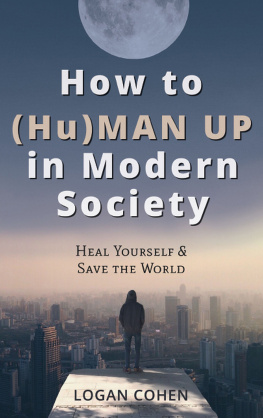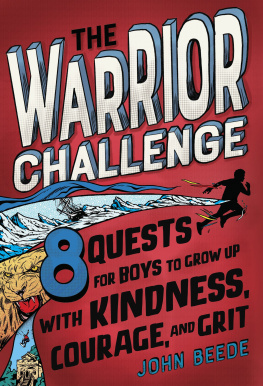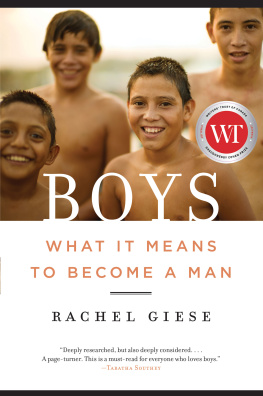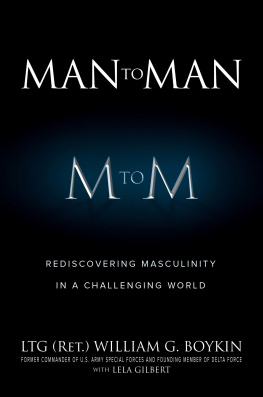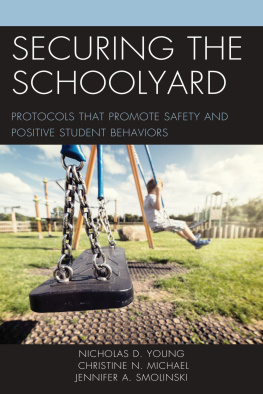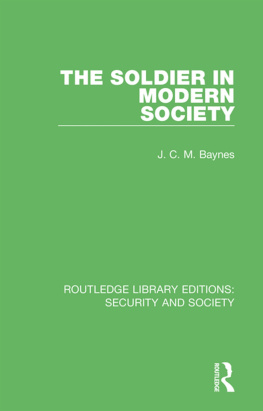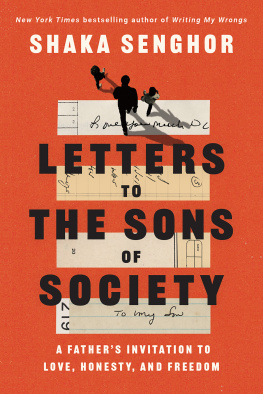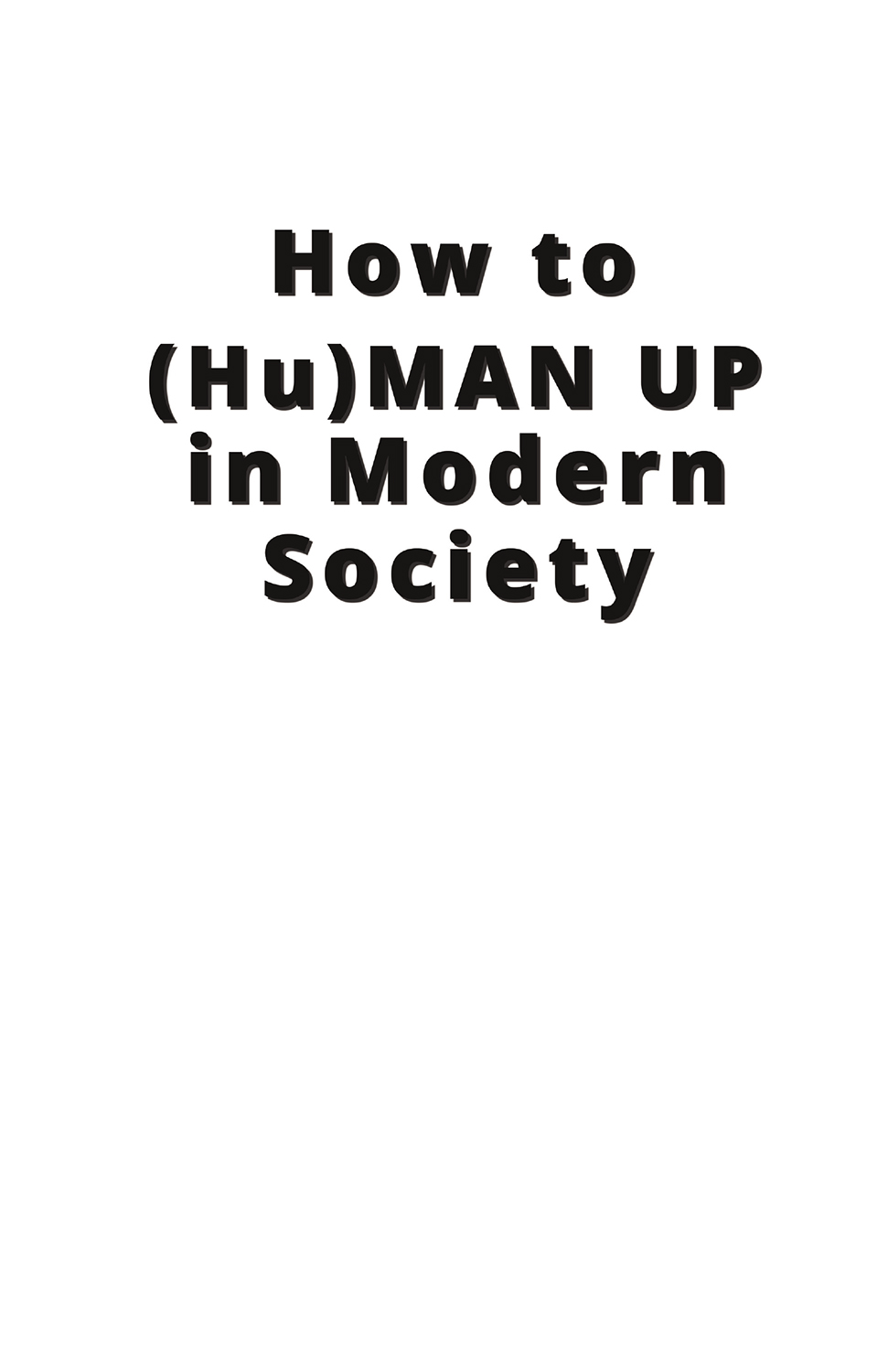

The views and opinions expressed in this book are solely those of the author and do not reflect the views or opinions of Gatekeeper Press. Gatekeeper Press is not to be held responsible for and expressly disclaims responsibility of the content herein.
How to (Hu)Man Up in Modern Society: Heal Yourself & Save the World
Published by Gatekeeper Press
2167 Stringtown Rd, Suite 109
Columbus, OH 43123-2989
www.GatekeeperPress.com
Copyright 2021 by Logan Cohen
All rights reserved. Neither this book, nor any parts within it may be sold or reproduced in any form or by any electronic or mechanical means, including information storage and retrieval systems, without permission in writing from the author. The only exception is by a reviewer, who may quote short excerpts in a review.
Library of Congress Control Number: 2021938383
ISBN (hardcover): 9781662911316
ISBN (paperback): 9781662911323
eISBN: 9781662911330
CONTENTS


It was only after my grandfathers death that I learned he was rescued from the concentration camps by Oscar Schindler, a German citizen who was the focus of an Emmy Award-winning movie in 1994 called Schindlers List. He rarely spoke of daily life during the Holocaust, but there were plenty of stories about growing up on a small farm in Poland during the 1930s while the political tension mounted, leading up to both of his parents and six of his seven siblings being killed in the concentration camps by Hitler and the Nazis.
I grew up on the same street as my grandfather Samsix houses down the road to be exactwhere my own family lived in Atlanta, Georgia. The Jewish household where I was raised looked warm and inviting from the outside, but inside was unpredictable and sometimes unsafe. There were many days that I would avoid going directly home after the walk back from school; instead, stopping at my grandfathers house to spend as much time as possible. At first, this daily stop at my grandfathers house was for the sole purpose of avoiding the chaos of my home life. As I grew older and we became more comfortable with each other personally, the stories of World War II, surviving the Holocaust, and beginning his life in America began to flow more readily.
We talked about other things of coursehis German shepherd Rex that was the trusted breed of the Nazis due to their combination of fierceness and intelligence; his love of the Oprah Winfrey Show as a sign that like him, people can overcome the odds by surviving horrible conditions to thrive; and last, but not least, the importance of community service. The last topic of community service was rarely one of direct conversation but was modeled each time we went on one of our frequent outings in downtown Atlanta.
Atlanta, Georgia, was an interesting place to grow up in the 1980s and 1990s. The citys population exploded after the completion of an international airport in 1980, but the crack-cocaine epidemic hit Atlanta hard, and the homeless population became notorious for a persistenteven aggressive style of panhandling that made tourists and even some locals nervous. Sam never blinked an eye when he was the target of a hostile approach by a panhandler. He knew they were hungry and as a Holocaust Survivor who almost starved to death on a few occasions himself, he could only feel compassion for these malnourished human beings.
Sam would never avoid them in the streets, no matter how dirty they happened to be or how aggressively they would beg, and would always listen to their stories until there was a pause where he could ask, Are you hungry? I never heard anyone say No.
From there, we would all walk together to a local restaurant, where Sam would approach the cashier to instruct them to take the homeless persons order and prepare whatever food was requested. At this point Sam would pay the tab, then he and I would continue on our planned outing in the city.
I soaked up these stories of grit and unending determination from the Holocaust, as well as the personal experiences of watching Sam serve the vulnerable members of his community with compassion and humanity. I didnt realize it at the time, but these experiences would become invaluable as an adulteven forming the foundation for a natural sense of the intimate connections between freedom, accountability, love, resilience, and community.
I come to you not only as the author of this book but also as the grandson of a Holocaust survivor, and a man whose life has been made possibleboth directly and indirectlyby a German citizen and registered member of the Nazi party named Oscar Schindler who broke free from the political brainwashing of his time. There are occasions in life where it is very difficult to figure out the right thing to do. Sometimes, there is even a heavy price to pay for doing the right thing, which can make this right thing seem like a relatively heavy burden to carry. But I want you to come to personally understand that even in the face of the greatest adversity and oppression, the power of love can still prevail over the love of power.
Loss, pain, and violence are scary and extremely painful in their own right. These are powerful experiences and I would never intentionally minimize them or diminish the cost involved in coping with them. With that being said, I beg of you to refuse to let your fear and/or the love of power win. Instead, by doing the right thing out of the power of loverather than the love of powerwe can heal ourselves in this lifetime, as well as empower the lives of many other community memberssome who we might not even know personally. Some of these people, myself included at the time of Oscar Schindlers famous deeds of goodwill, might not have even been born yet!
Beyond material success and winning in competition, this is how a person creates a true legacya legend that will live on forever. Because while heroes are remembered, legends never die.
This one is for you, Mr. Schindler.

An Amblin Entertainment production. (1994). Schindlers list. Universal City, Calif.: MCA Universal Home Video.

As the grandson of an Auschwitz survivor who was on Schindlers List, I found it intuitive that serving our more vulnerable community members is a process that very literally creates life and healing for both parties. I grew up with firsthand stories of gritty survival through community effort in the concentration camps. Then later, as a young boy, I watched examples of my grandfather continuing to embody these same values. As an adult, I came to understand the confusion in Oscar Schindlers voice during interviews as he received praise and adoration for his rescue efforts after World War II, repeatedly coming back to the phrase, I should have saved more. I could have saved more
In many ways, a mere 1,200 Jews saved compared to the 6,000,000 Jews killed is a drop in the bucket. At only 0.02% of the total number killed, it can seem barely noteworthy in the face of that much annihilation. But it made a difference to my grandfather, and in the end, gave him a chance to empower himself to live a full life and start a family. Now as you read these words, I get to be here telling you about it. It is my only hope that this will in turn light a fire in your own heart and mind to start on this sacred journey of leadership by serving our community with whatever it is you have to offer.

